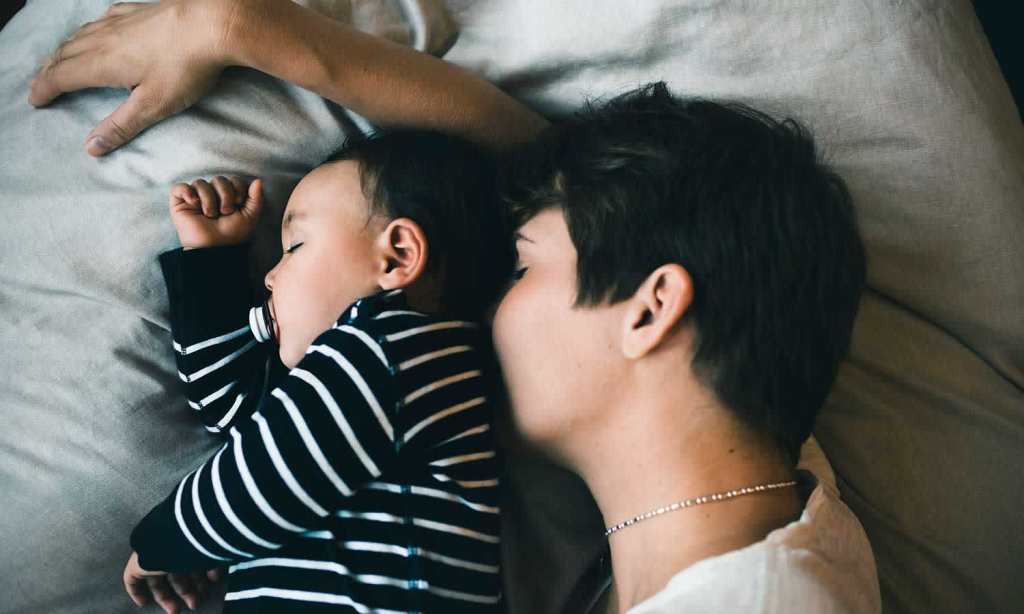Have you ever been so tired at work that you made a small error? Perhaps it was merely a typo, but sleepiness is a known contributing factor to small workplace errors that have resulted in total disasters. Think the Challenger Space Shuttle disaster (1986), the Chernobyl Nuclear accident (1986) and the Exxon Valdez oil spill (1989).
In 2017, an Australian study found that a third of adults reported making errors at work due to sleepiness and 17% have fallen asleep on the job. The financial impact of insufficient sleep costs Australia $66.3 billion annually in lost productivity, healthcare costs and wellbeing impact. Businesses directly lost $6.7 billion in one year, from employees underperforming on the job due to sleepiness.
But why does sleep deprivation result in reduced productivity at work? There’s a scientific answer and a common-sense explanation. Feel free to skip this science lesson, however, sleep is a ubiquitous biological imperative. Sufficient sleep without disruption is necessary to promote high levels of attention and cognitive performance while we’re awake.
Of the 1.3kg of the brain we house, the prefrontal cortex is the most susceptible to sleep deprivation. The subsystems of working memory live here: there’s the phonological loop (which temporarily stores verbal and acoustic information, echo memory); the visuospatial sketchpad (iconic memory); episodic buffer (integrate information from multiple sources); and central executive (controls them all). These executive functions allow for sustained attention and maximal neurocognitive performance.
Simply put, if you don’t sleep adequately, your performance will drop. Specifically, your processing, creativity, decision making, adaptability and emotion control. In addition, physiological changes occur that predispose individuals to low mood and poor physical health too.
The most fascinating finding in a recent meta-analysis of dozens of publications is that partial sleep deprivation (less than five hours total sleep in a day) has a far greater negative effect on cognitive performance than short-term and long-term sleep deprivation. Partial sleep deprivation is exactly what occurs with a newborn baby in the home.
Melbourne-based parents Jordan and Lucy Lewis both reported that once they got their young children into consistent sleeping routines, they began to wake up without feeling fatigued and could go into their work day with a more focused mindset.
Getting your newborn to sleep through the night as soon as possible will not only have positive effects on your mood and physical health, but your performance at work will soar.
Still struggling to sleep even once your little one is asleep? There are some super easy, well-documented tips and small changes that you can make that can help with your sleep deprivation.
1. Optimise your pre-bedtime routine
And give yourself time to properly wind down, at least thirty minutes before you plan to fall asleep. This might include having a relaxing bath, brushing your teeth, getting into your PJs, and dimming the lights.
2. Create a sleep-inducing bedroom
Your bedroom should be a place of comfort and relaxation. Unsupportive pillows and lumpy mattresses can adversely affect your sleep, so consider investing in a new mattress and bedding to create the ultimate comfort zone.
3. Practice pro-sleep habits during the day
This may include monitoring your caffeine intake, particularly in the afternoon, and finding time to move and exercise. It’s also recommended that you should reserve your bedroom for sleep and intimacy only, as it’s important to have a strong mental association between your bed and sleep.
4. Optimise your sleep schedule
Set a fixed wake-up time and try to stick with it – even on weekends. It’s also widely recommended to practice caution with naps. If you nap for too long or late in the day it can impact your sleep schedule and make it harder to sleep when you want to.
—
Of course, if you’re still struggling with sleep deprivation, you should talk with your doctor, who is in the best position to offer detailed advice tailored to you.
Dr. Golly (Dr Daniel Golshevsky) is a Melbourne-based paediatrician and father of three. Specialising in unsettled babies and poor sleep, Dr Golly developed the Dr Golly Sleeping Program through his work with thousands of babies over more than a decade of practice. To find out more visit DrGolly.com.
Read more stories from The Latch and subscribe to our email newsletter.


